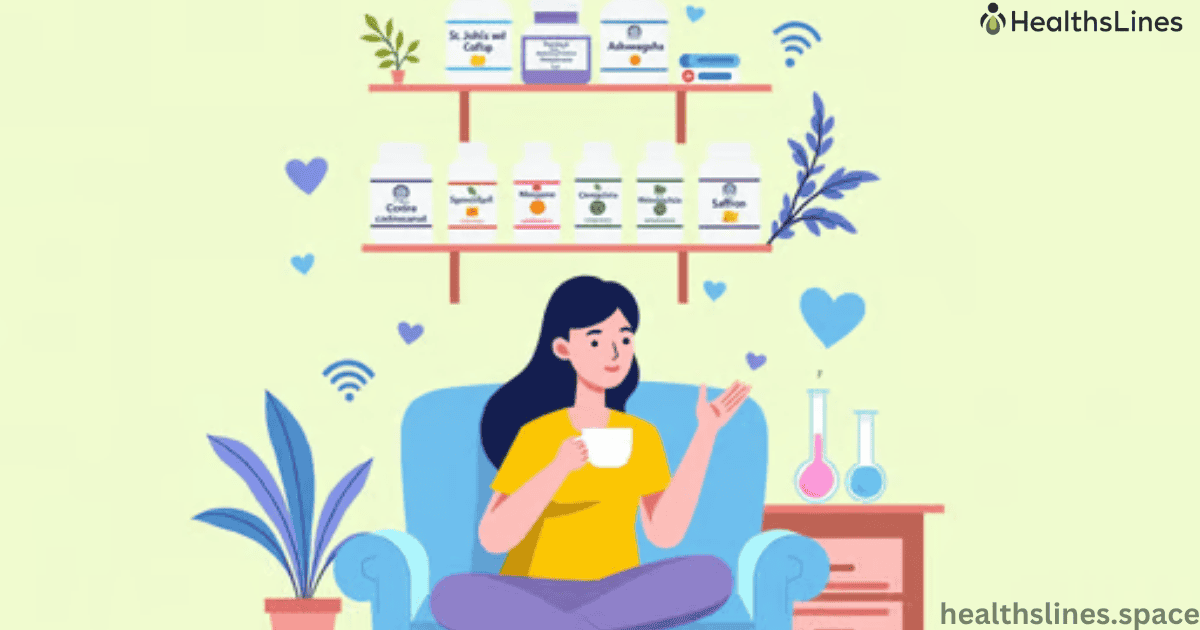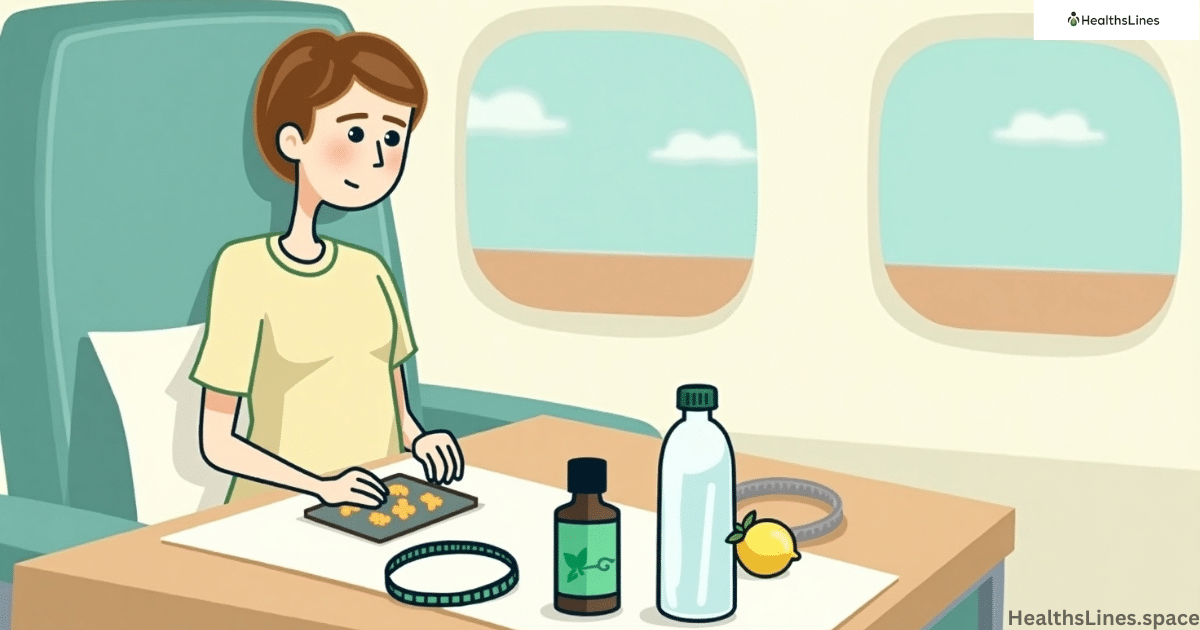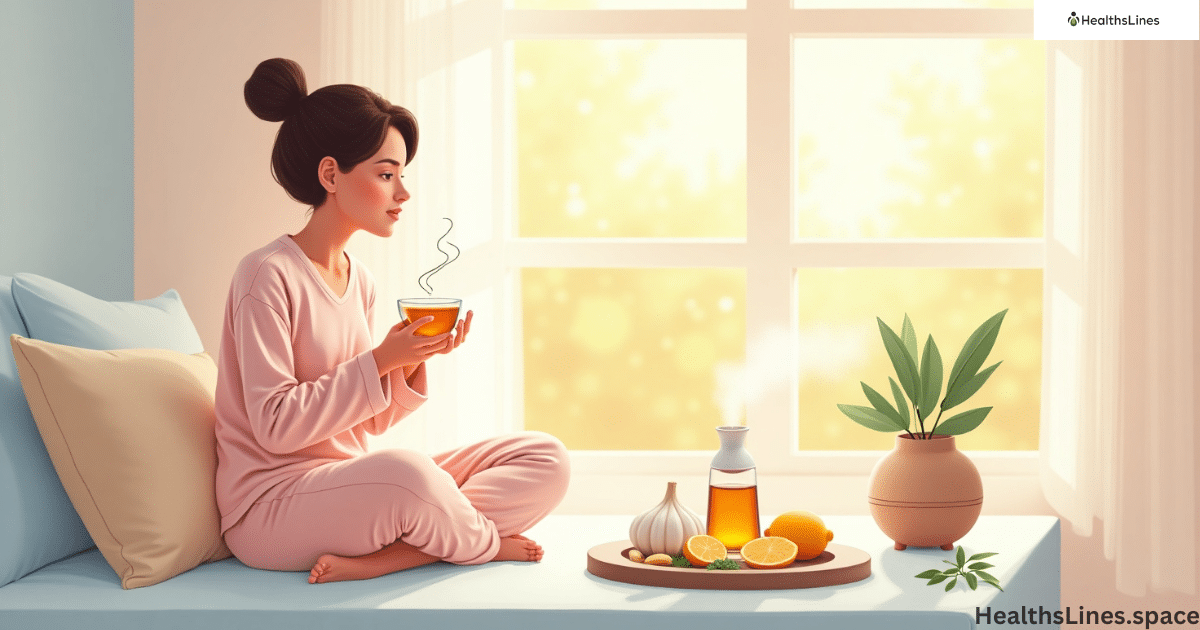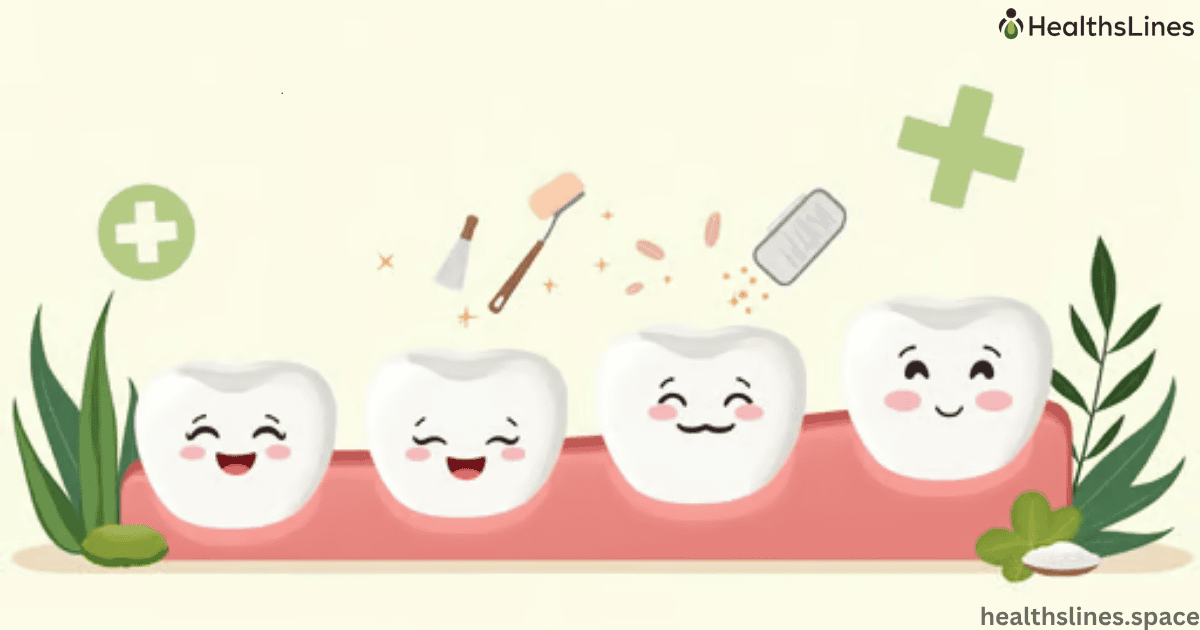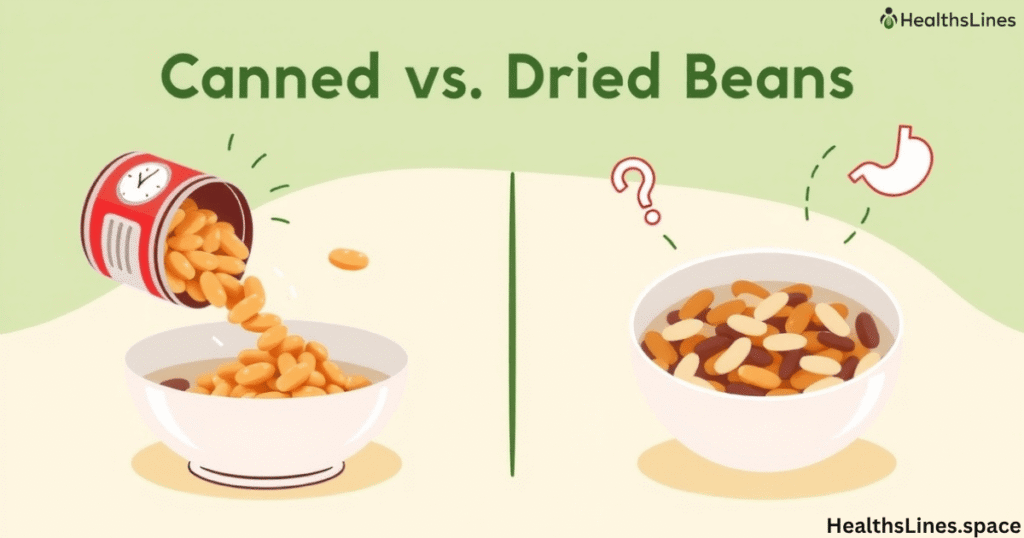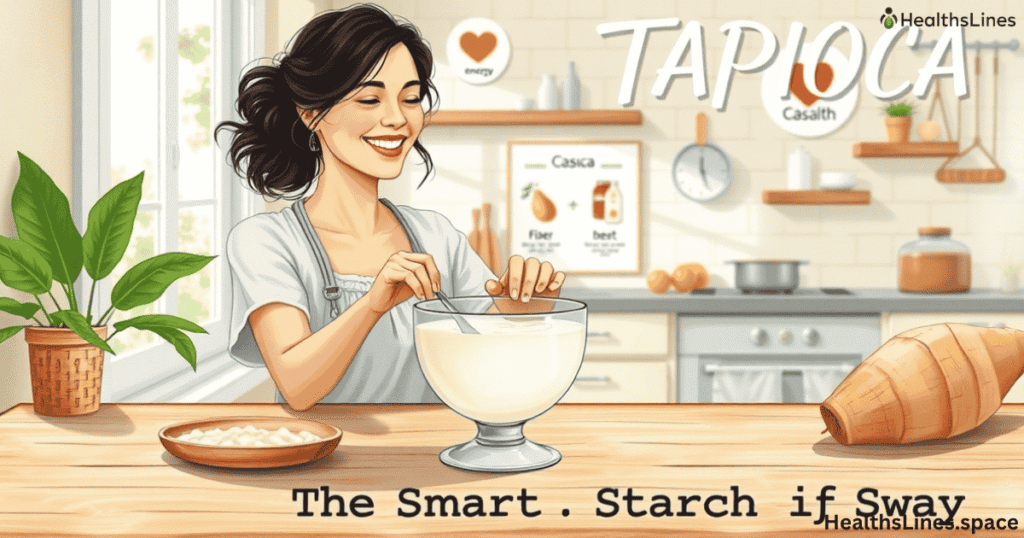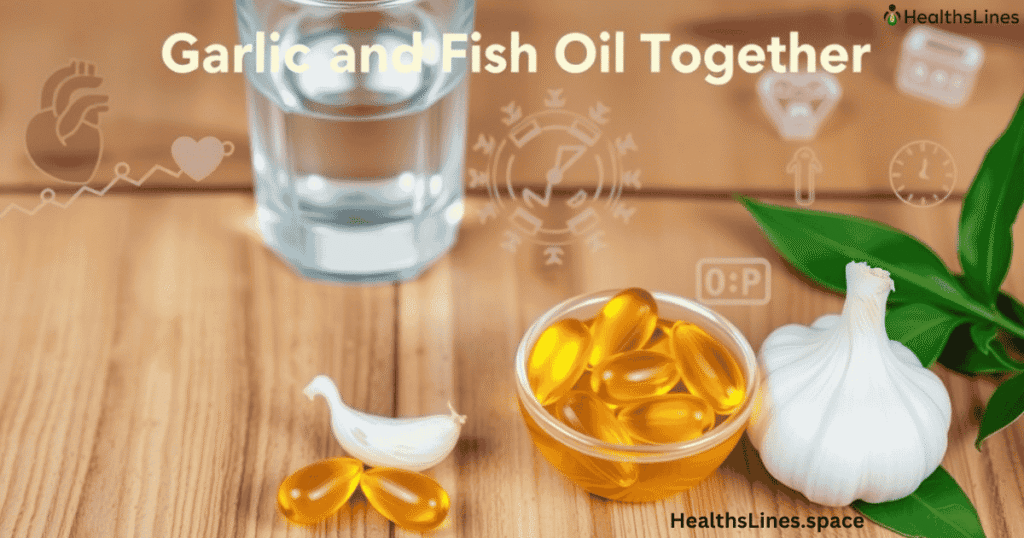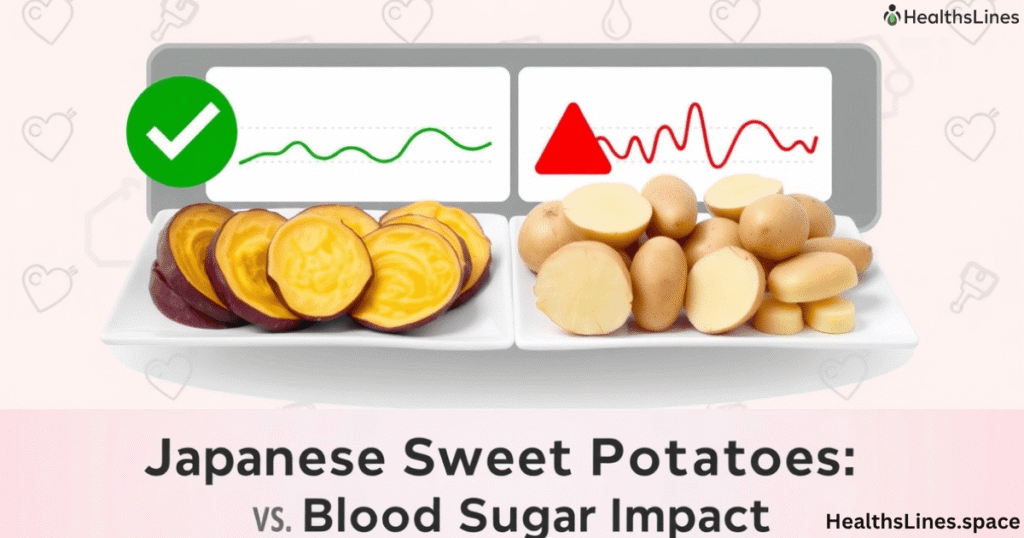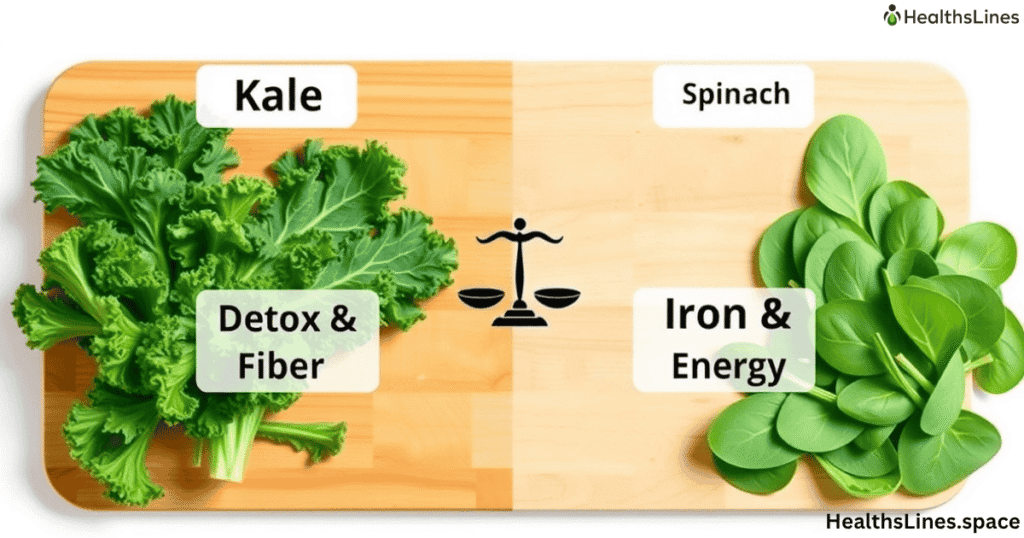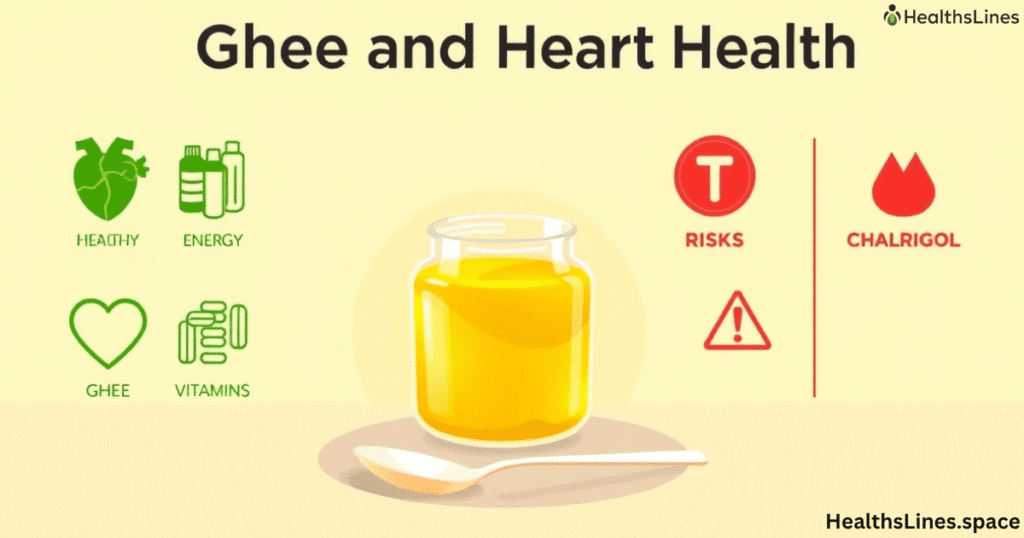Depression affects millions of people around the world Herb Supplements for Depression. It makes everyday life harder and causes sadness, fatigue, and loss of interest in things you once loved. While therapy and medication are important, many people also want natural remedies for depression to feel better. Herbs and supplements can support the brain, reduce stress, and balance chemicals like serotonin and dopamine. In this article, we’ll look at the best herbs for depression and explain how they work.
Some herbs and nutrients help improve brain chemistry balance, support mental health, and reduce neuroinflammation. These options are not cures but can be helpful when used with professional care. Choosing the right mix of natural antidepressants and healthy habits may help boost your mood safely and naturally.
How Natural Remedies Help the Brain
Your brain needs the right nutrients to stay healthy. When you are low on things like vitamin D, B vitamins, or omega-3 fatty acids, it may lead to mood problems. Some herbs also provide neurotransmitter support, such as serotonin and dopamine, which help you feel calm and happy. Others lower the stress hormone cortisol, helping you relax.
For example, adaptogens for stress like Rhodiola and Ashwagandha can reduce fatigue and improve energy. Others, like St. John’s Wort or Saffron, affect how the brain handles signals related to mood and sleep Herb Supplements for Depression. These natural treatments for depression work best when taken regularly and matched to your personal needs.
Here is a quick comparison of some of the most researched options:
| Supplement | How It Helps | Typical Dose | Key Benefit |
| St. John’s Wort | Boosts serotonin | 300-900mg/day | Improves mild-to-moderate depression |
| Omega-3 Fatty Acids | Lowers inflammation | 1000-2000mg/day | Better mood, brain function |
| Vitamin D | Regulates hormones | 1000-5000 IU/day | Improves mood in winter |
| B Complex Vitamins | Supports energy, brain health | Varies by B-vitamin | Fights fatigue and low mood |
| Magnesium Glycinate | Calms nerves | 200-400mg/day | Helps sleep, lowers anxiety |
St. John’s Wort: Nature’s Mood Booster
St. John’s Wort is one of the most studied herbs for depression. It works like some antidepressants by stopping the brain from breaking down serotonin. This keeps serotonin levels balanced, which helps regulate your mood. Research shows it can be effective for people with mild or moderate depression.
However, it may not be safe for everyone. It interacts with many medications, including birth control and antidepressants. Always talk to a doctor before using it. But for those who can take it safely, it can be a powerful natural antidepressant that supports mental health.
Rhodiola Rosea for Fatigue and Focus
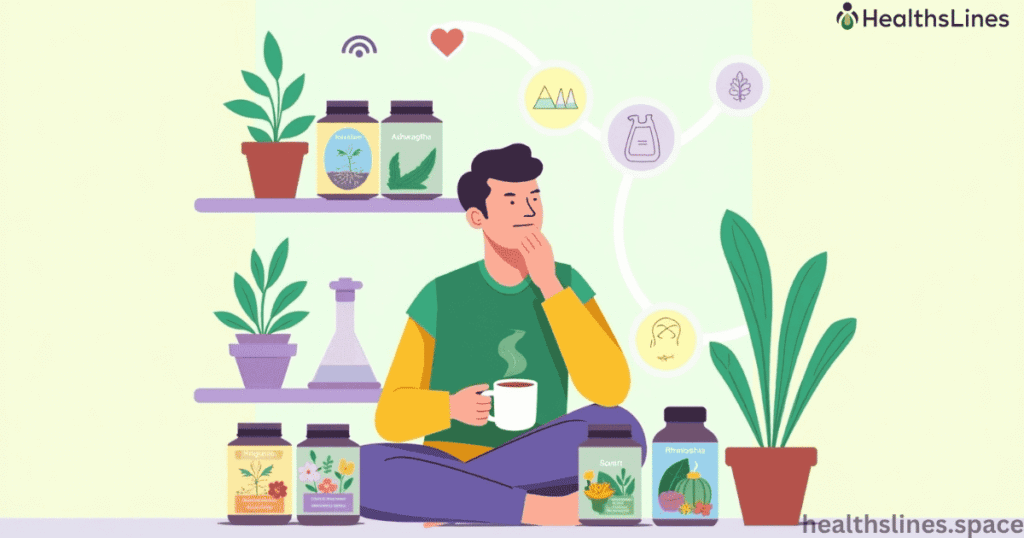
Rhodiola Rosea is an adaptogen for stress, which means it helps the body deal with pressure and anxiety. It supports dopamine and serotonin levels, improves energy, and lowers fatigue. That’s why it’s helpful in stress-related depression.
Some studies show it works best in people who have symptoms like tiredness, low motivation, and trouble focusing Herb Supplements for Depression. While it’s not a strong antidepressant, it’s one of the best mood boosting supplements for energy and mental clarity.
Saffron Extract for Mood
Saffron extract for mood has gained attention for good reason. Clinical trials show it improves symptoms of depression almost as well as some prescription drugs. This powerful spice affects serotonin levels and may also reduce inflammation in the brain.
Saffron is gentle and usually well tolerated. It’s great for people who want a mild but effective natural mood booster. Just make sure the product is standardized for crocin and safranal—the active compounds.
Omega-3 Fatty Acids: Anti-Inflammatory Brain Support
Your brain is made up of fat. That’s why omega-3 fatty acids are so important. They reduce neuroinflammation, support cell health, and improve communication between brain cells. Studies show omega-3s—especially EPA—help people with depression and fatigue.
If you have low energy, memory problems, or seasonal affective disorder (SAD), omega-3s may help. Fish oil supplements with at least 1000 mg of EPA daily are usually best. They’re also safe to use with most medications, but still check with your provider.
NAC: A Brain Detox for Mood
N-Acetylcysteine (NAC) is a special amino acid that helps your body make glutathione, a powerful antioxidant. It reduces oxidative stress and supports glutamate balance, which is important for GABA supplements and calming brain signals.
In people with depression and anxiety, NAC improves mood, sleep, and concentration. Some doctors also recommend it for obsessive thoughts or irritability. NAC may also support detox in people who smoke or drink. It’s a top choice for mental health support when inflammation is a factor.
Vitamin D: Sunshine for Your Brain
Many people are low in vitamin D, especially in winter. This vitamin acts like a hormone and affects over 1000 genes. It plays a big role in mood regulation and serotonin levels. Low vitamin D is common in people with depression symptoms.
Supplementing with Vitamin D for mood can lift energy, reduce sadness, and improve focus. Doses of 2000–5000 IU daily are typical, but it’s best to check your blood levels first. This is one of the simplest natural treatments for depression.
B Complex Vitamins for Energy and Brain Health
Your brain needs B vitamins to make dopamine, serotonin, and GABA. Without enough B6, B9 (folate), or B12, your mood can suffer. B complex vitamins also fight depression and fatigue.
Taking a full B-complex is better than just one, since the vitamins work together. Some people with genetic issues (like MTHFR) need special forms like methylfolate Herb Supplements for Depression. This group is one of the most important vitamins for depression.
Zinc: A Small Mineral with Big Impact
Zinc for depression is often overlooked, but it’s essential for neurotransmitter support and brain chemistry balance. Low zinc levels are linked to poor mood, slow thinking, and low energy. It also helps manage stress hormone cortisol.
Even a small dose of 15 mg daily can improve brain function and mood. Zinc works well with other depression supplements, especially B vitamins and omega-3s. However, too much can cause nausea, so stay within the safe limits.
Magnesium Glycinate for Calm and Sleep
Magnesium helps the brain relax. Magnesium glycinate is one of the best forms for mood and sleep. It supports GABA supplements and lowers cortisol, helping you feel more at ease.
People with anxiety and depression often have low magnesium. This supplement helps with sleep, muscle tension, and emotional balance. It’s safe, easy on the stomach, and a trusted part of holistic depression treatment.
SAM-e: A Natural Brain Chemical Booster
SAM-e supplement is made naturally in your body and helps create neurotransmitters like dopamine and serotonin. When levels are low, it may lead to low mood and mental fog.
SAM-e works fast—sometimes within a week—and is especially helpful for depression and fatigue. It’s often used in Europe as a prescription treatment. However, it can cause anxiety in some people, so start with a low dose.
Ashwagandha for Stress and Hormone Balance
Ashwagandha is one of the most popular herbs for depression and anxiety because it works as a powerful adaptogen for stress. Adaptogens help your body cope with mental and physical stress by regulating hormones, especially cortisol. Cortisol is the stress hormone that spikes when you’re overwhelmed or anxious. High cortisol levels over time can damage your mental health, affect your mood, and even disrupt sleep Herb Supplements for Depression. Ashwagandha benefits include its ability to lower cortisol, which can improve overall mood regulation. This herb supports your adrenal glands, helping them respond better to long-term stress and hormonal imbalance.
Several studies have shown that ashwagandha may also boost serotonin levels, one of the brain chemicals responsible for positive mood. By improving brain chemistry balance, it helps reduce emotional swings, depression symptoms, and irritability. It’s especially useful for people with stress-related depression or seasonal affective disorder (SAD). Plus, ashwagandha has been found to support GABA supplements naturally. GABA is a calming brain chemical that promotes relaxation and reduces anxiety. With regular use, ashwagandha becomes a gentle but effective natural antidepressant that brings both hormonal and emotional relief.
Choosing the Right Option for You
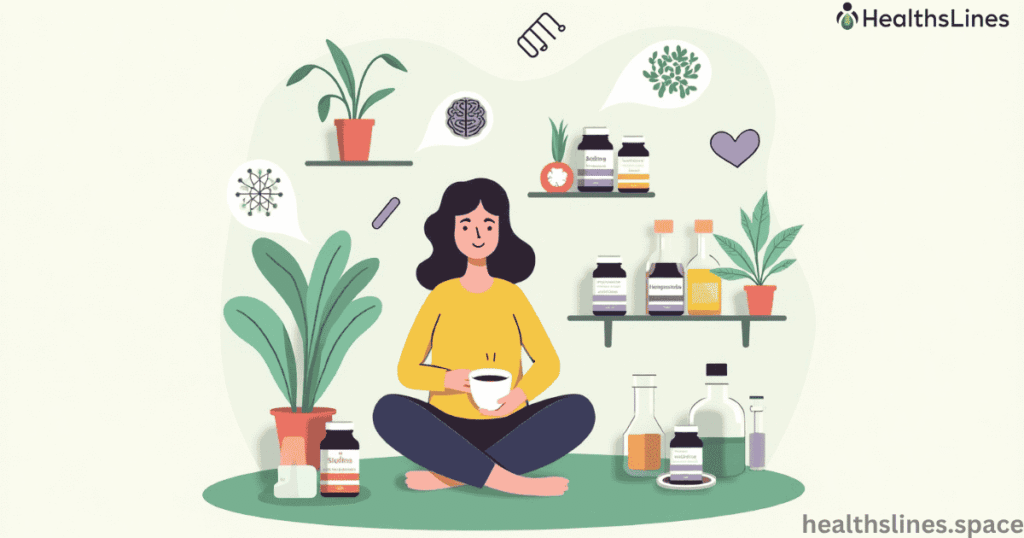
Not every supplement is right for everyone. Your symptoms, lab results, and lifestyle all matter. For example, if you’re always tired, try B vitamins, magnesium glycinate, or Rhodiola. If you’re anxious, ashwagandha or magnesium may help more.
If you want to support your brain chemistry balance, try omega-3 fatty acids, SAM-e, or St. John’s Wort. People with seasonal affective disorder should look into vitamin D. Always start with low doses and see how you feel. Some people use tests to check nutrient levels before choosing depression supplements.
Case Studies: Natural Help That Worked
A 32-year-old woman with seasonal depression improved her mood by taking 4000 IU of vitamin D3 and 1,000 mg of EPA omega-3 daily. After 4 weeks, she felt more energetic and less irritable.
Another case involved a man with stress-related sadness. He took Rhodiola Rosea for three months and reported better focus, less fatigue, and improved sleep Herb Supplements for Depression. His work performance also improved.
A third example includes a student who used ashwagandha and magnesium glycinate during finals. She felt calmer, slept better, and avoided burnout. These are real-life examples of holistic depression treatment.
Final Thoughts
Natural remedies for depression can be safe and helpful. They are not a cure, but they support the brain, improve sleep, reduce stress, and bring energy back. The right herbs for depression can lift your mood and work well with therapy or medication.
Before starting any natural antidepressant, check with a doctor, especially if you’re on medication. Your body needs the right tools to heal, and these natural treatments for depression offer gentle, proven support. Be patient, stay consistent, and always aim for balance.
If you or someone you love is struggling, don’t wait to get help. Combine these mood boosting supplements with movement, sunlight, support, and kindness to feel better in every way.
